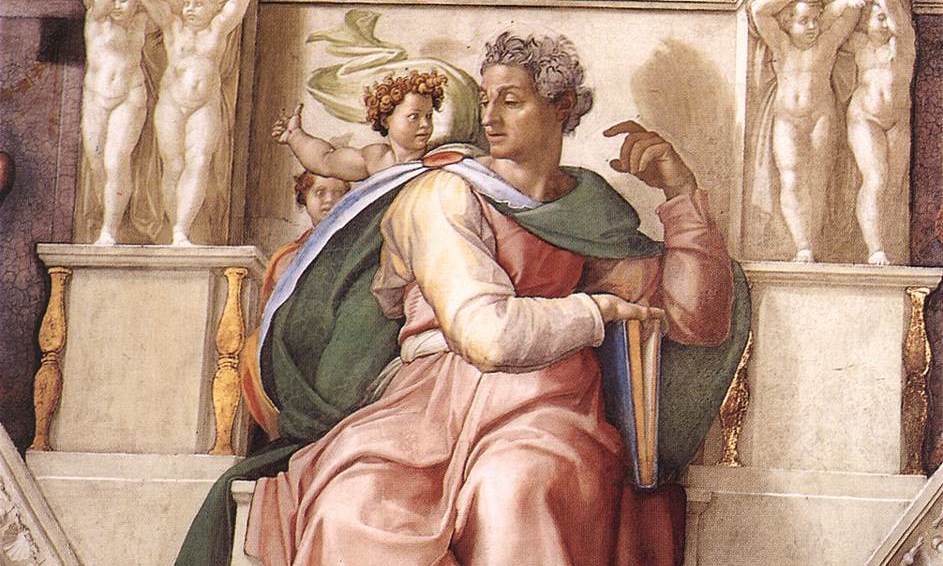Commentary on Parashat Nitzavim, Deuteronomy 29:9 - 30:20
This is read on the last before Rosh Hashanah, as the seven weeks of consolation after Tisha B’Av come to a close. The text contains a palpable sense of anticipation, and Isaiah’s tone is both excited and hopeful.
Read the full text on Sefaria: Isaiah 61:10-63:9
Isaiah begins by reminding the people that salvation is near, and that all of the nations will see it. He invokes imagery of weddings to symbolize triumph, and seedlings to symbolize growth. The nasty names that Israel has been called in the past–“Forsaken,” “Desolate”–will be replaced by terms of affection.
Isaiah describes God’s commitment to the city of Jerusalem: “For the sake of Zion I will not be silent, for the sake of Jerusalem I will not be still” (62:1). He details the ways that God will strengthen Jerusalem by appointing watchmen to guard the city day and night.

Help us keep Jewish knowledge accessible to millions of people around the world.
Your donation to My Jewish Learning fuels endless journeys of Jewish discovery. With your help, My Jewish Learning can continue to provide nonstop opportunities for learning, connection and growth.
Then Isaiah describes God as a warrior who has returned victorious from battle, but is covered in the blood of his enemies. The prophet reminds the people that when God needed to be defended there was no one to come to His aid, because the people had abandoned Him. Still, God defeated His enemies, even without His people at His side.
At the end of the Haftarah, Isaiah reassures the people that God will always come to their rescue: “In His love and pity He Himself redeemed them, raised them and exalted them all the days of old” (63:9).
Though the Haftarah doesn’t contain an explicit connection to the portion, it does point towards a future redemption. As we prepare for Rosh Hashanah, this sentiment is timely and inspiring.




